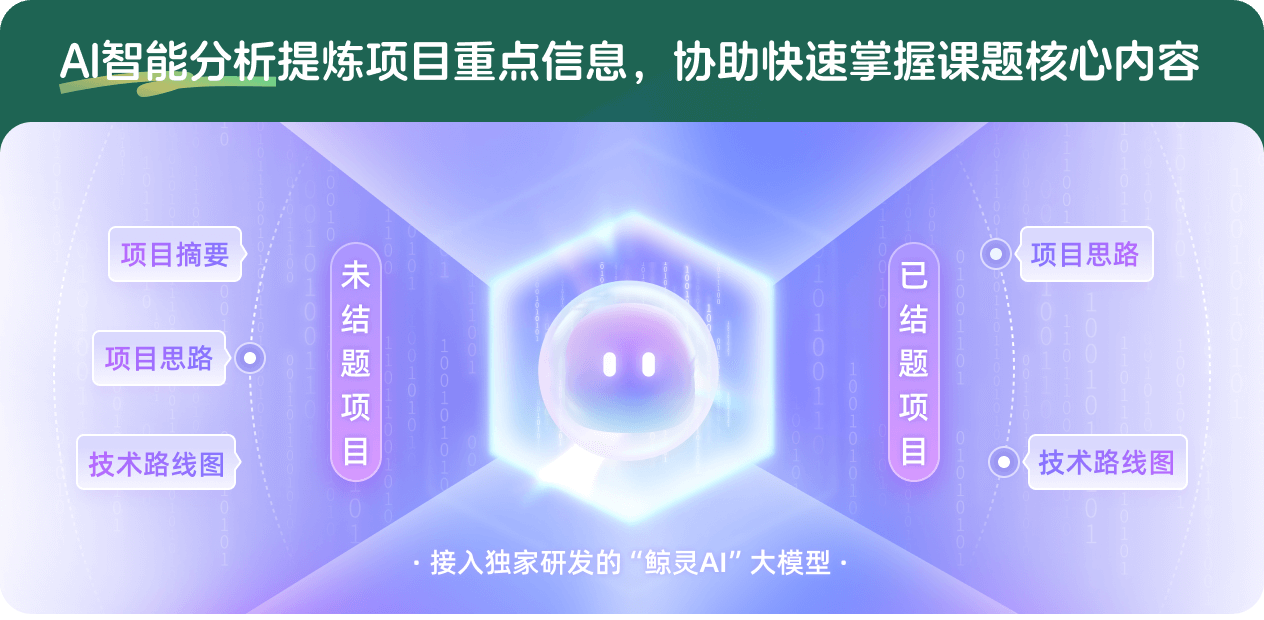Neuregulin-1/ErbB和利钠肽系统与心力衰竭遗传易感性和临床评估及其在芪苈强心胶囊作用机制和评价的研究
项目介绍
AI项目解读
基本信息
- 批准号:81102704
- 项目类别:青年科学基金项目
- 资助金额:22.0万
- 负责人:
- 依托单位:
- 学科分类:H3302.中西医结合临床基础
- 结题年份:2014
- 批准年份:2011
- 项目状态:已结题
- 起止时间:2012-01-01 至2014-12-31
- 项目参与者:张宇辉; 安涛; 黄燕; 曲家珍; 殷仕洁; 娄可佳; 吕蓉; 韦丙奇; 郭潇;
- 关键词:
项目摘要
为筛选心衰遗传易感基因和生物标志物以及探索其在芪苈强心胶囊治疗心衰的分子机制和疗效评价中的作用,以500例住院患者和1000例参加芪苈强心胶囊随机对照临床研究的心衰患者为病例组,以1026例排除心衰的性别年龄匹配人群为对照组,对比心衰病例组和对照组Neuregulin-1,ErbB2,ErbB4和ANP,BNP,NPRA基因标签SNP及其单体型,同时检测其血中Neuregulin-1β ,ErbB2 ,ErbB4 和NT-proANP, NT-proBNP表达水平,探讨其在心衰遗传易感性,危险分层和疗效评价中的作用。探讨中药芪苈强心胶囊治疗阿霉素诱导的心衰大鼠后Neuregulin-1β,ErbB2 ,ErbB4,MLCK2、SERCA2a和NPRA在心肌蛋白和mRNA水平及血蛋白产物的变化,以及该两系统的易感基因和血生物标志物在预测和评价芪苈强心胶囊临床疗效中的作用
结项摘要
本研究围绕Neuregulin-1β- ErbB2/ ErbB4和利钠肽系统在心衰发病机制及治疗中的作用展开,本研究分为两部分探讨Neuregulin-1β- ErbB2/ ErbB4和利钠肽系统基因的SNP及其单体型与心衰遗传易感性、临床危险分层、预后的相关性,并Neuregulin-1β- ErbB2/ ErbB4和利钠肽系统在芪苈强心胶囊治疗心衰的作用机制和疗效评价中的作用进行了试验性的探讨,取得了一系列创新性成果,为将来进一步在该领域探讨心衰发病机制及心衰药物治疗中的应用提供理论依据。中医药是祖国医学的瑰宝,中医药目前正越来越广泛地作为补充与替代治疗的重要组成部分。芪苈强心胶囊是近年中医药防治心血管疾病的重大学术创新,研究表明它对心力衰竭动物模型血流动力学指标有明显改善作用,分子生物学层面对其治疗机理的揭示不足制约了其应用与发展。本研究探讨了芪苈强心胶囊治疗对心肌梗死导致的心衰大鼠模型NRG-1β- ErbB2/ErbB4 系统及NPRA/cGMP系统的影响,结果表明:通过心脏超声和左室血流动力学测定,可以发现芪苈强心胶囊治疗组与模型组相比心功能显著改善,心肌重构减轻,其EF、FS和LVEDV、LVESV均改善;芪苈强心治疗组可降低心梗后心衰大鼠LVEDP、提高±dp/dt,芪苈加用西药(雷米普利与倍他乐克)治疗后,与心衰模型组相比可提高心梗后心衰大鼠LVSP、降低LVEDP、提高±dp/dt,且优于单纯西药治疗组和单纯芪苈治疗组; Western Blot显示芪苈强心治疗组动物心肌组织中NPRA和ErbB4表达增加,但NRG-1β、ErbB2表达未见特异性增加,PCR检测亦未检测出显著变化。病理学观察示芪苈强心治疗组梗死周边区心肌组织纤维化程度较模型组减低,且联用西药治疗组改善纤维化作用更为明显。由此可见,芪苈强心胶囊可以使心梗后心衰大鼠的心功能得到改善,尤其与西药联合应用效果更为显著,但其分子生物学机制仍需进一步探讨。
项目成果
期刊论文数量(0)
专著数量(0)
科研奖励数量(0)
会议论文数量(0)
专利数量(0)
数据更新时间:{{ journalArticles.updateTime }}
{{
item.title }}
{{ item.translation_title }}
- DOI:{{ item.doi || "--"}}
- 发表时间:{{ item.publish_year || "--" }}
- 期刊:{{ item.journal_name }}
- 影响因子:{{ item.factor || "--"}}
- 作者:{{ item.authors }}
- 通讯作者:{{ item.author }}
数据更新时间:{{ journalArticles.updateTime }}
{{ item.title }}
- 作者:{{ item.authors }}
数据更新时间:{{ monograph.updateTime }}
{{ item.title }}
- 作者:{{ item.authors }}
数据更新时间:{{ sciAawards.updateTime }}
{{ item.title }}
- 作者:{{ item.authors }}
数据更新时间:{{ conferencePapers.updateTime }}
{{ item.title }}
- 作者:{{ item.authors }}
数据更新时间:{{ patent.updateTime }}
其他文献
2195-F态铝锂合金TIG焊和FSW焊后残余应力分析
- DOI:10.12073/j.hjxb.2018390270
- 发表时间:2018
- 期刊:焊接学报
- 影响因子:--
- 作者:罗传光;李桓;于福盛;张宇辉
- 通讯作者:张宇辉
含水量对土石混合介质剪切波传播速度的影响分析
- DOI:--
- 发表时间:--
- 期刊:公路交通科技
- 影响因子:--
- 作者:张宇辉;邱鹏炼;庄旭瑞;张献民
- 通讯作者:张献民
扩张型心肌病的分子遗传学研究进展
- DOI:--
- 发表时间:--
- 期刊:心血管病学进展
- 影响因子:--
- 作者:王娟;张宇辉;张代富
- 通讯作者:张代富
~(13)C红外光谱仪测定呼气中~(13)C千分差值的可信度研究
- DOI:--
- 发表时间:2013
- 期刊:卫生研究
- 影响因子:--
- 作者:王敏;王志玲;勾凌燕;张宇辉;杨晓光;沙磊;李敏
- 通讯作者:李敏
喷射成形2195铝锂合金封头旋压及焊接试验研究
- DOI:10.11784/tdxbz201909070
- 发表时间:2020
- 期刊:天津大学学报 (自然科学与工程技术版)
- 影响因子:--
- 作者:罗传光;李桓;马飞;于福盛;张宇辉;杨立军
- 通讯作者:杨立军
其他文献
{{
item.title }}
{{ item.translation_title }}
- DOI:{{ item.doi || "--" }}
- 发表时间:{{ item.publish_year || "--"}}
- 期刊:{{ item.journal_name }}
- 影响因子:{{ item.factor || "--" }}
- 作者:{{ item.authors }}
- 通讯作者:{{ item.author }}

内容获取失败,请点击重试

查看分析示例
此项目为已结题,我已根据课题信息分析并撰写以下内容,帮您拓宽课题思路:
AI项目摘要
AI项目思路
AI技术路线图

请为本次AI项目解读的内容对您的实用性打分
非常不实用
非常实用
1
2
3
4
5
6
7
8
9
10
您认为此功能如何分析更能满足您的需求,请填写您的反馈:
相似国自然基金
{{ item.name }}
- 批准号:{{ item.ratify_no }}
- 批准年份:{{ item.approval_year }}
- 资助金额:{{ item.support_num }}
- 项目类别:{{ item.project_type }}
相似海外基金
{{
item.name }}
{{ item.translate_name }}
- 批准号:{{ item.ratify_no }}
- 财政年份:{{ item.approval_year }}
- 资助金额:{{ item.support_num }}
- 项目类别:{{ item.project_type }}




















